This post originally appeared on the UK in a Changing Europe website.
As a strapline for Labour’s EU policy, ‘make Brexit work’ has a lot going for it.
An echo of ‘get Brexit done’ – which served Boris Johnson and the Conservatives so well in 2019 – it both highlights how un-‘done’ Brexit is, and it offers the possibility of a more peaceful and constructive relationship with European partners.
Sadly, policy needs more than a slogan and Monday’s speech from Keir Starmer didn’t really offer much more than some soundbites and a very preliminary reopening of this running sore of British politics.
Having been beaten with that particular stick repeatedly over the past six years, Labour has been perhaps understandably shy of giving more ammunition to Johnson, especially when Tories’ internal squabbles seem to be having more of an impact than anything the Labour front bench might do.
In that sense, Starmer’s speech is an attempt to move back into the fray, to show that the party is able to have a more articulated policy on a major issue, while also not upsetting too many of the horses.
Central to this is not what more Starmer would do with the EU but instead what he would not do: re-join the EU, or the Single Market or the Customs Union, or sign up to Freedom of Movement.
Those red lines already place policy very much at the hard end of possible models of UK-EU relations, essentially no different from what Theresa May opened the Article 50 negotiations with 2017.
Just as May found that starting with red lines hampered her ability to negotiate the terms of withdrawal, so Starmer is also finding that there is not much he can offer as an improvement on the current arrangements.
Five steps to meh
The result is a five-point plan that is more of a sticking plaster than a recasting of relations.
Starmer is at least right to identify Northern Ireland as the starting point: the tensions over the Protocol and the long shadows cast by the introduction of legislation to unilaterally disapply its provisions are the immediate barrier to doing anything else.
That said, Labour’s resolution focuses solely on reducing the need for checks, through a veterinary agreement and an expanded trusted trader scheme. Both would indeed alleviate the situation but look less than adequate as ways to rebuild cross-community consent.
Likewise, the second key area of work – tearing down ‘unnecessary trade barriers’ – offers some interesting ideas, but in an incomplete way. While touring musicians have been winning headlines for their plight, there seems to be little recognition that work to ease their situation is a step towards the freedom of movement that Labour professes to oppose.
More significantly, non-divergence from current EU standards could ease trade, but if it is not coupled to a more dynamic alignment – where the UK follows future EU practice – then it is a meaningless gesture.
The third area talks of supporting the service sector and scientists through data adequacy, regulatory equivalence for finance and participation in Horizon, the EU’s flagship research programme. Again, all useful moves, but weakened by the continuation of limits on freedom of movement, which has made it harder to remain key European hubs of activity.
By contrast, the fourth area of security cooperation better reflects the mutual interest in improving joint work on policing, counterterrorism and cybercrime. But military cooperation is conspicuous by its absence, both in the narrow sense of work to support Ukraine’s war again Russia and more generally in terms of how NATO might fit into the picture: with membership of the latter about to become more closely aligned with EU members, how does the UK keep its voice?
However, it is the final key area that really casts doubt over all that has come before.
Starmer talks of making the most of ‘missed Brexit opportunities’ and using the flexibility of being outside the EU to make sure British regulations are adapted to ‘suit British needs’. Such ideas could easily have come from a Boris Johnson speech.
The big picture
This is the most cautious of first steps by Labour.
It picks up all the things that have been most egregiously problematic about the Conservative settlement and vows to sort them out, while still protecting the May-ite red lines to reassure swing voters that the UK isn’t heading back into the EU.
But it fails in two major ways.
Firstly, there’s very little in substance to differentiate from the Conservative offering. They too want to ‘sort out’ the Protocol and make the most of the flexibilities of being outside the EU. As for who might want unnecessary trade barriers, we do not know.
Yes, the tone is different and less conflictual, but with an electorate increasingly of the view that Brexit has been a negative, is that enough to draw voters to Labour?
However, this pales in significance to the bigger failure: the absence of a strategic vision for UK-EU relations.
While each of the problems outlined by Starmer matters, they are not nearly all that matters in finding a resilient and constructive relationship. With the EU’s trust in the UK extremely low, there will have to be an extended and extensive programme of rebuilding confidence that the UK is a partner worth doing more with. The complete absence in the speech of why the EU should agree to any of these ideas was stark and will not be aided by the opportunistic approach outlined.
Just as May and Johnson have struggled to work out what Brexit is for, so too is Starmer now in the same trap. Without a vision of what he sees as the UK’s place in the world, he too will find that he is battered about by circumstance and that the piecemeal logic outlined in this speech will tie him up in knots, sooner rather than later.







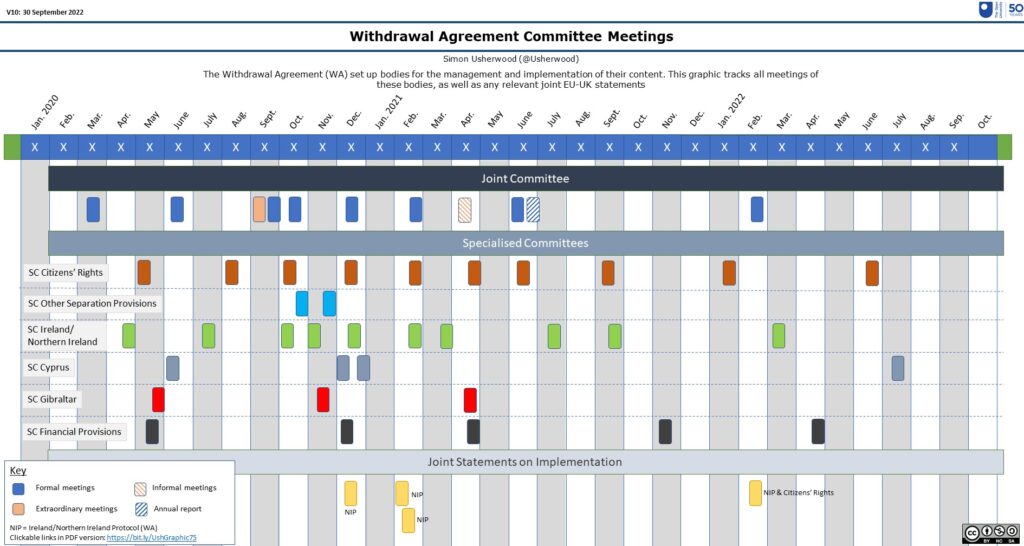
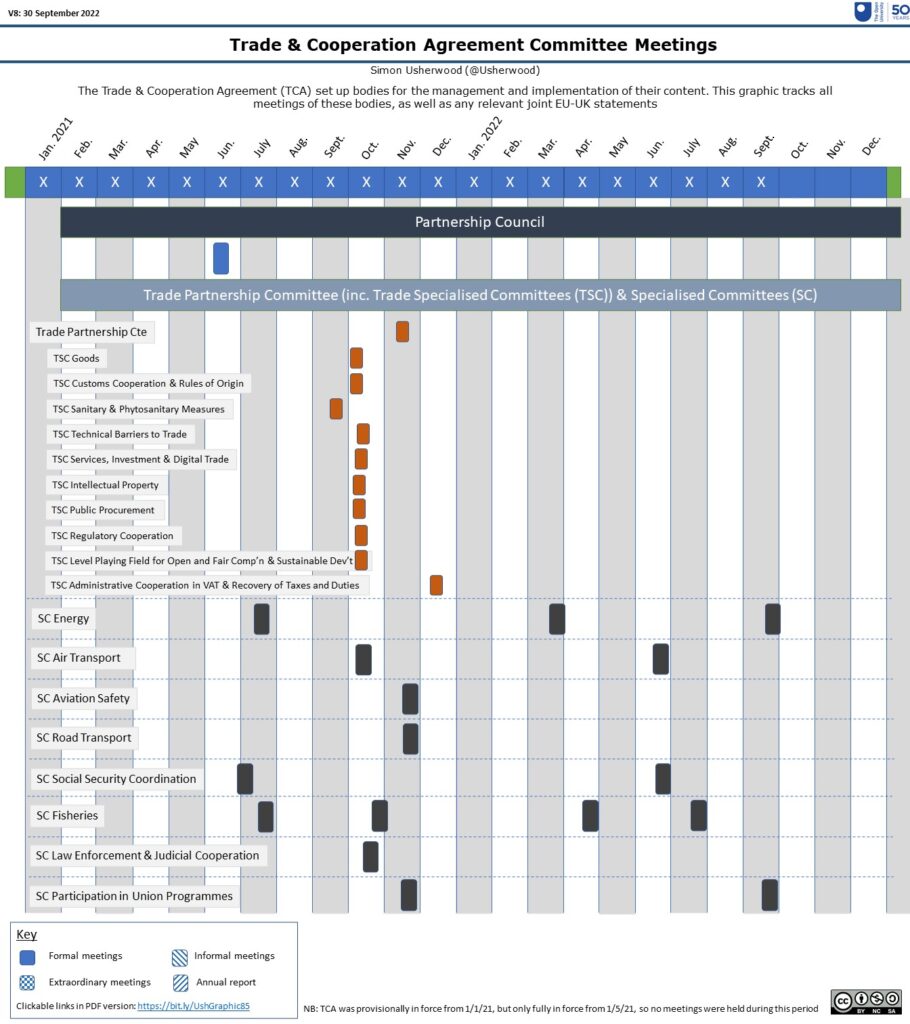
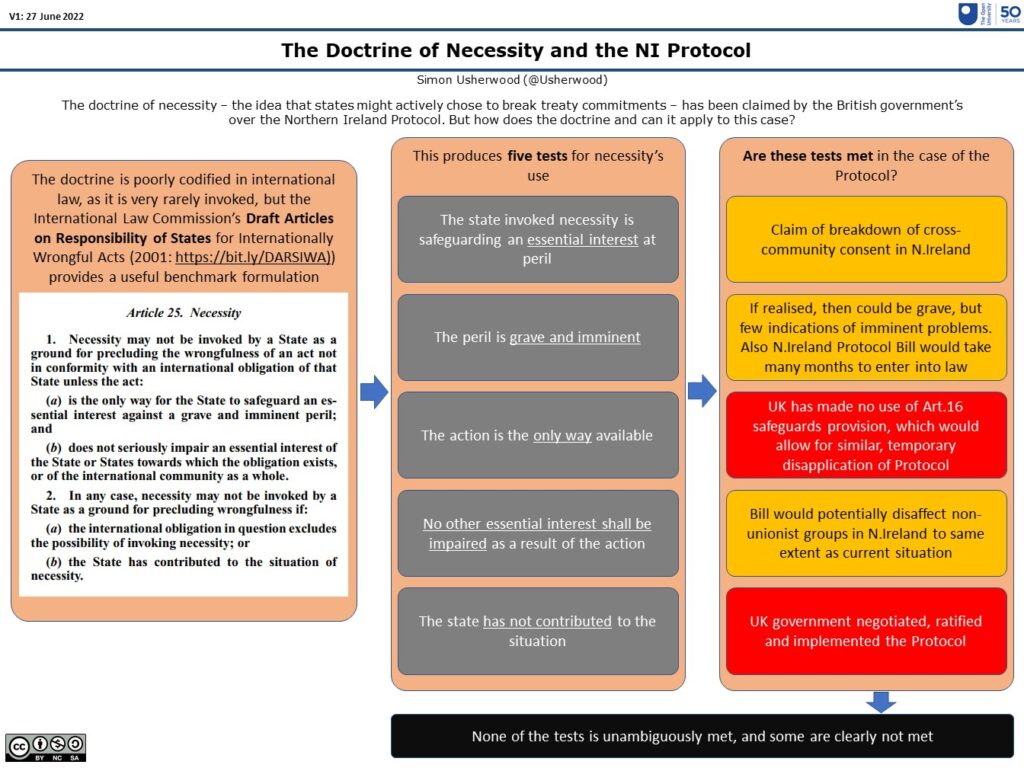
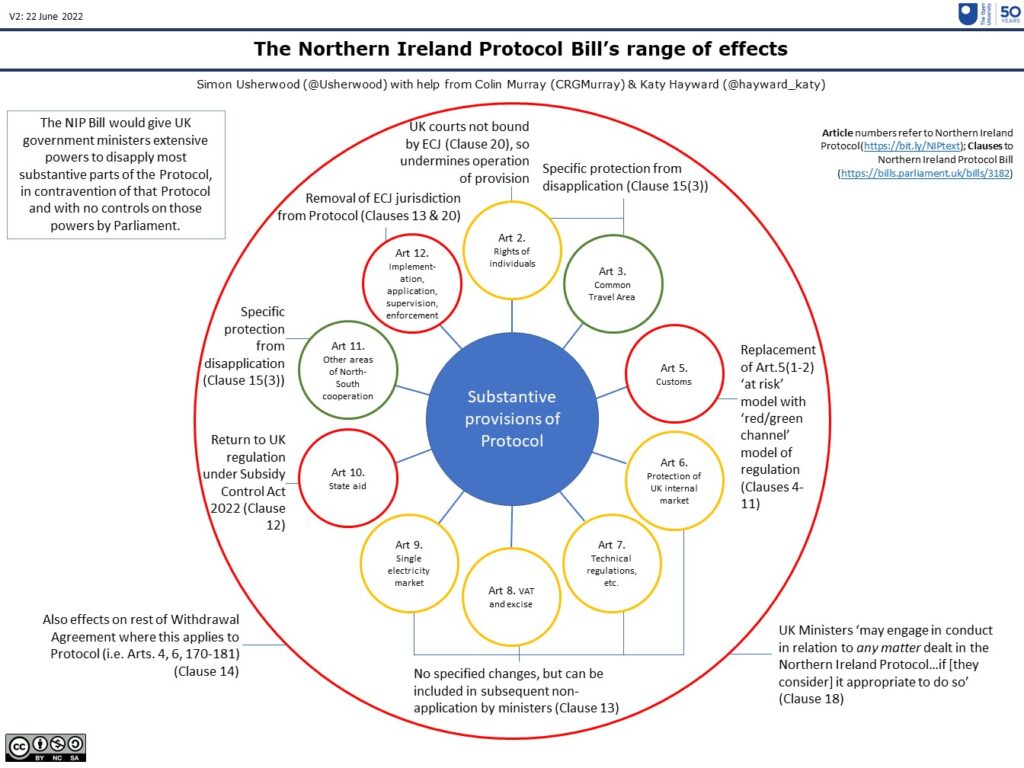
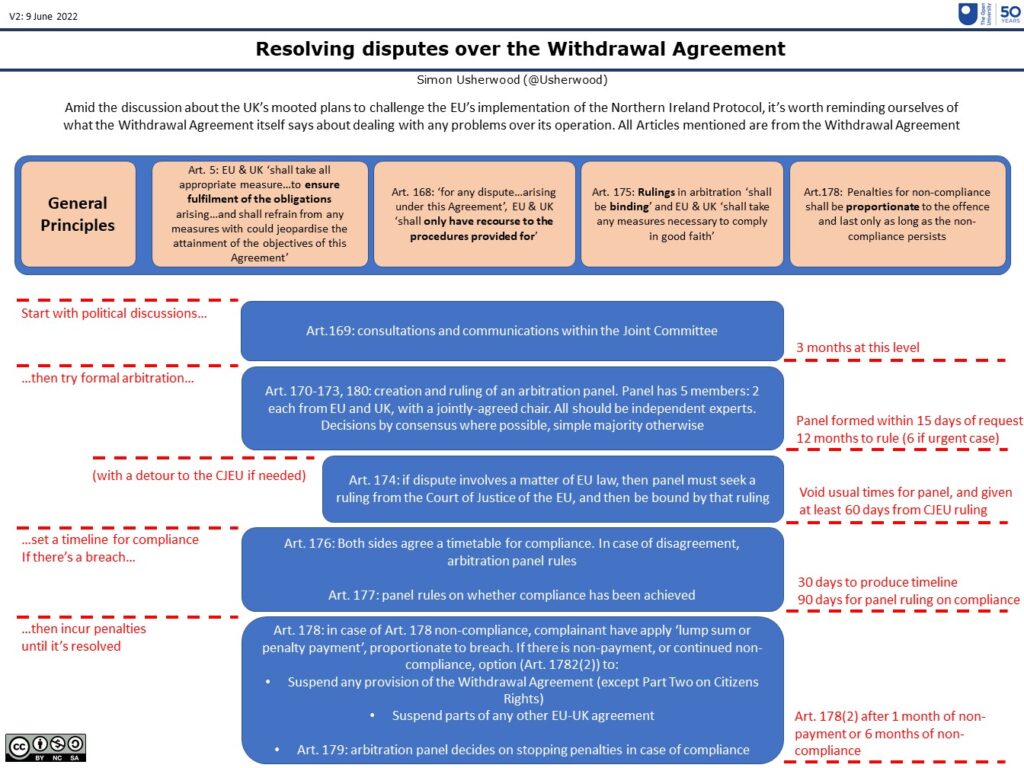
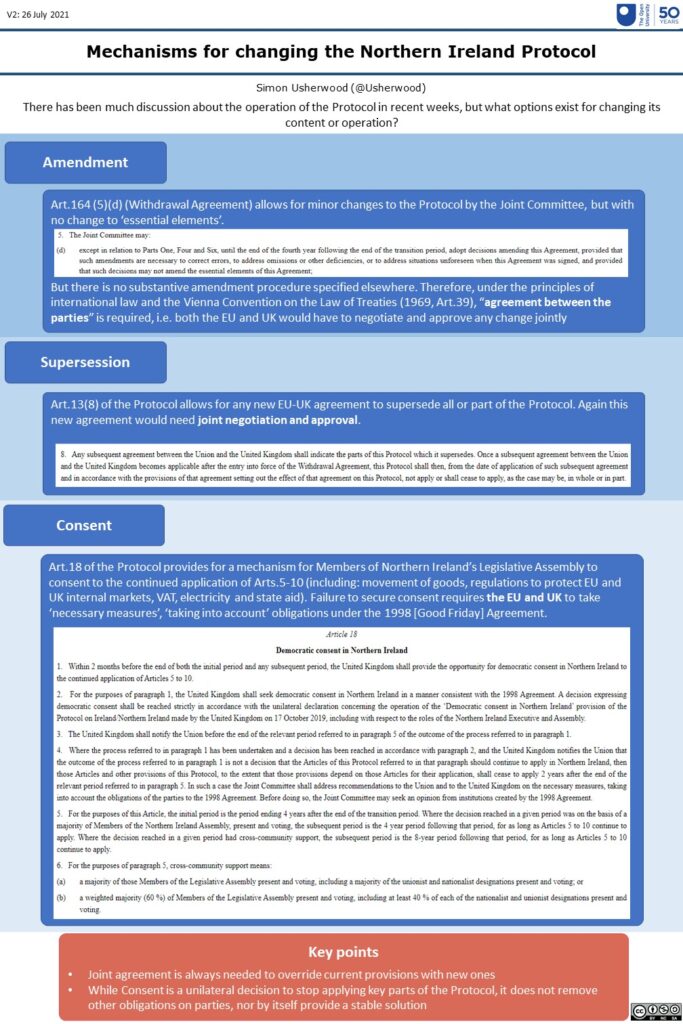
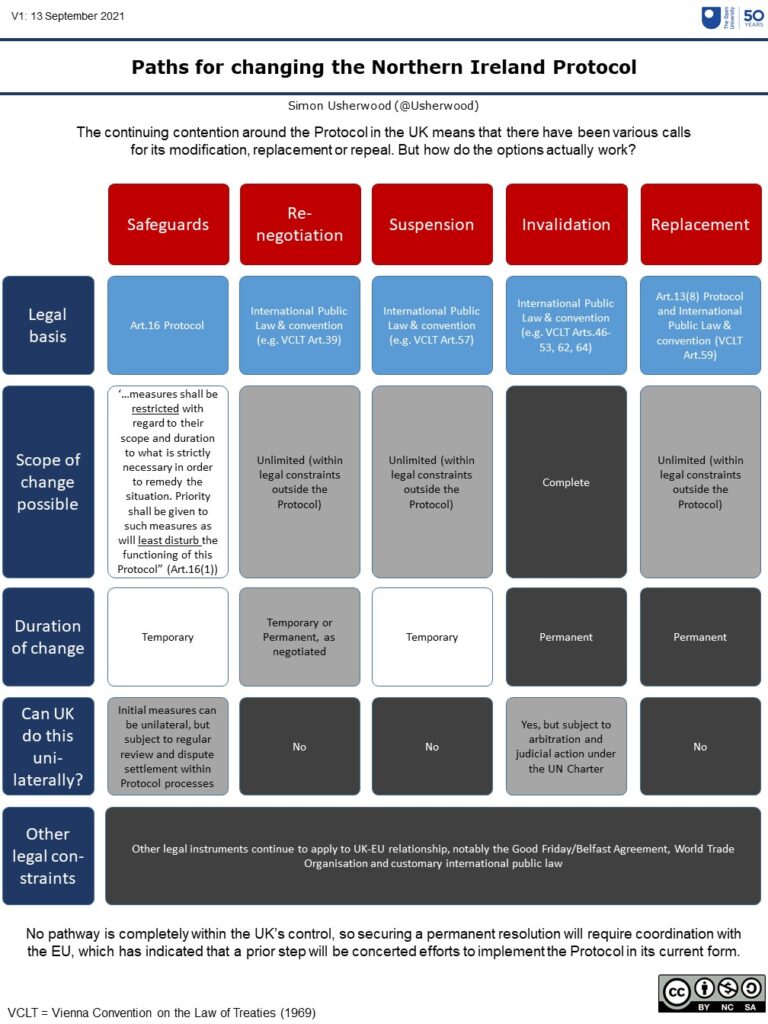


 The question of whether and how Ukraine joins the EU ranks relatively low on the list of priority topics right now, for reasons that are both too obvious and too horrific to discuss right now.
The question of whether and how Ukraine joins the EU ranks relatively low on the list of priority topics right now, for reasons that are both too obvious and too horrific to discuss right now.